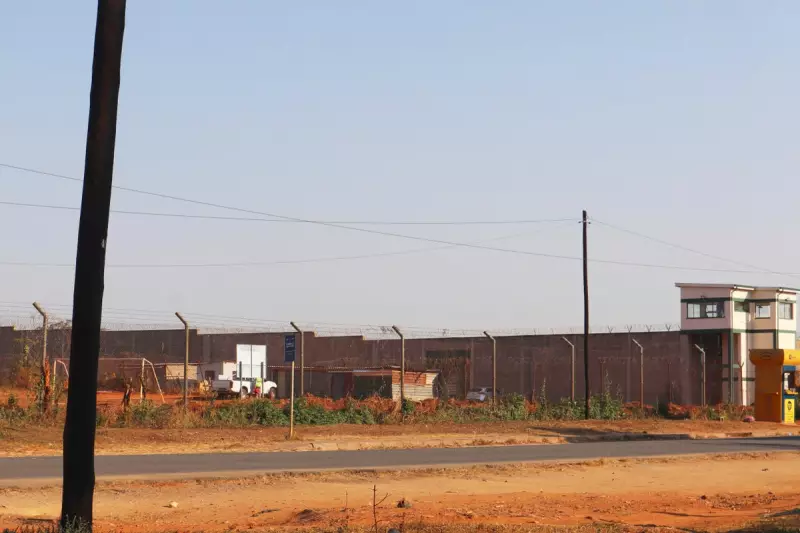
A major property development linked to Donald Trump in Cape Town is facing a severe public and political backlash, with local leaders vehemently opposing the project.
The controversial plans for a new 'Trump Tower' have ignited fury among officials and community activists. They argue that the former US President's brand is toxic, citing his recent criminal convictions and long history of inflammatory rhetoric.
Why is there so much opposition?
Cape Town's city council has made its position abundantly clear. A strongly-worded memorandum from city planners has urged a government property agency to scrap the deal entirely. The council's objections are not based on architectural or planning grounds, but are overwhelmingly moral and ethical.
Councillors and activists argue that associating with Mr. Trump poses a significant reputational risk to the city of Cape Town. They point to his recent New York court case, where he was found guilty on multiple counts of falsifying business records.
A question of values
The core of the opposition centres on a clash of values. Many South Africans hold the nation's hard-won democracy and its constitution in the highest regard. Opponents of the tower project believe that Donald Trump's actions and statements are fundamentally at odds with these cherished democratic principles.
This isn't the first time a Trump-branded venture has faced difficulties in South Africa. His name was previously removed from another luxury development in Johannesburg following similar public pressure, setting a clear precedent for the current controversy in Cape Town.
What happens next?
The ball is now in the court of the national government's Property Agency. They face a critical decision: proceed with a commercial deal that promises investment but carries immense baggage, or yield to the forceful demands of the local council and its citizens.
The outcome will be closely watched, as it represents a broader global debate about the intersection of business, politics, and public morality in the modern era.





